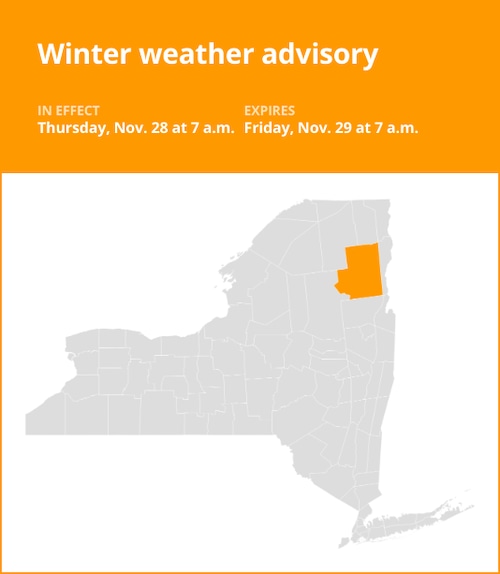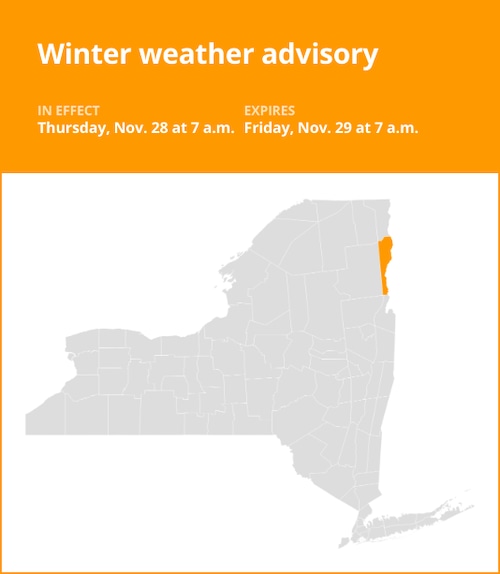New York’s Staten Island. As Black Friday approaches, scammers are rampant, and the most recent onslaught reportedly targets all Apple device uses.
According to a Forbes story, the most recent cyberattack features a highly convincing and urgent action warning: Your Apple ID is suspended.
Given the cost of the devices and the fact that over 2 billion people currently use Apple products—whether it’s an iPhone, iPod, MacBook, or anything else that requires the use of an Apple ID—it is not surprising that this group is a top target for cybercriminals.
In previous scams, iPhone customers are told that their iCloud storage is almost full and that they can upgrade if they fall for the trick and click the button.
Although the message is more urgent, the fraud is same this time.
At a time when individuals want to stretch their purchasing power and shop Black Friday discounts, it threatens to restrict access.
The fraudulent emails, which are increasingly created using AI-powered criminal language models, frequently resemble the actual thing in appearance and tone, if not intent.
Similar to other AI-powered support scams, the goal of these scams is to trick the victim into clicking an action button that would lead them to a website where their account credentials can be stolen, according to IT experts cited by Forbes.
Experts cautioned that in most situations, the hook will be just as compelling as the bait.
The email will probably scare customers by stating that Apple has detected questionable behavior on their account or that it has been completely hacked and that they must take action to ensure their safety.
Former digital crimes law enforcement officer and current global cybersecurity expert Jake Moore told Forbes that phishing scams, such as the Apple ID Suspended hoax, are become more common and urgent. The cunning strategies employed by criminal hackers continue to manipulate a large number of people.
On its website, Apple cautioned users to suspect that any demands for personal information, such as passwords, phone numbers, or email addresses, are frauds.
The Apple website advises changing your Apple Account password right away and making sure two-factor authentication is active if you think your account has been compromised or if you may have submitted your password or other sensitive information on a fraudulent website.
Additionally, Apple offers the following tips for identifying scammers:
-
They will often convey a desire to help you resolve an urgent problem.
-
The urgency is to avoid giving you time to think and to dissuade you from contacting Apple yourself, directly.
-
Eventually scammers will request your account information or security codes. Typically they will send you to a fake website that looks like a real Apple sign-in page and insist that you verify your identity.
According to the Apple website, Apple will never request that you log in to any website, press Accept in the two-factor authentication popup, or input your password, device passcode, or two-factor authentication code.
If you are approached in this manner, Apple recommends that you visit their official website.
Note: Every piece of content is rigorously reviewed by our team of experienced writers and editors to ensure its accuracy. Our writers use credible sources and adhere to strict fact-checking protocols to verify all claims and data before publication. If an error is identified, we promptly correct it and strive for transparency in all updates, feel free to reach out to us via email. We appreciate your trust and support!







+ There are no comments
Add yours